Prime Storage is a Scoop Partner
Have you ever seen the movie Sideways? Even if you’re not a wine lover, it will have you rolling. We’ve all been in those situations where we’ve had to hold back our giggles while someone in our presence is taking their wine experience WAY too seriously. (BTW I’m married to someone who takes wine VERY seriously.) I’ve always strived to know the bare minimum. In other words, just enough so that I don’t waste my money on bad wine. But not so much that I need to collect and taste nightly.
This week I talk “rookie wine mistakes” with Gerard Moser, owner of Saratoga Wine and Spirits. Mistakes that we’ve ALL been guilty of.
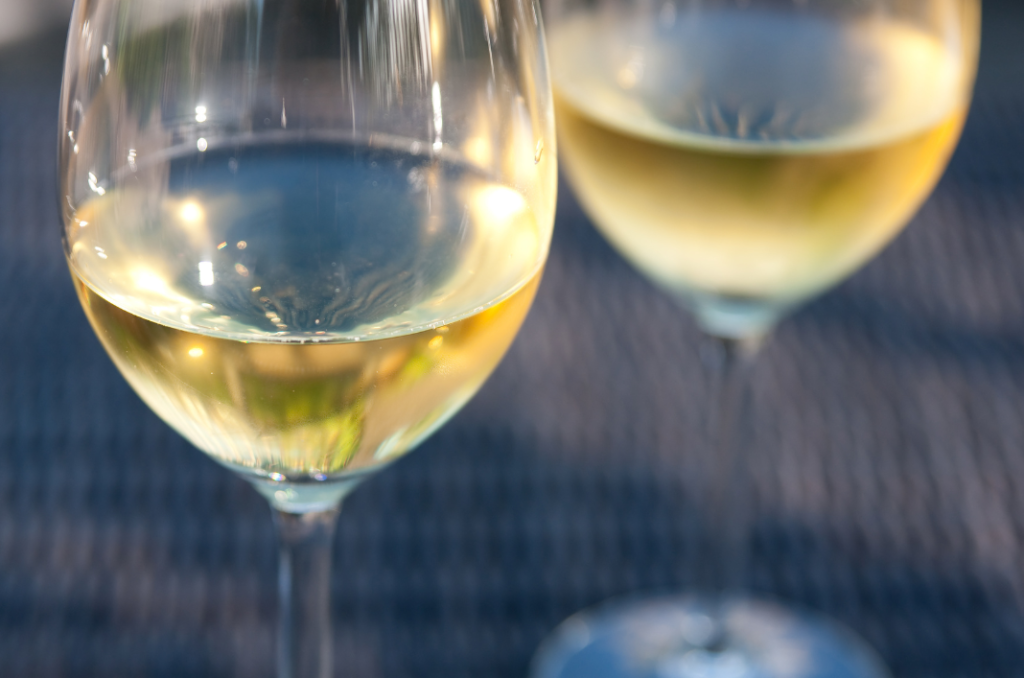
DRINKING WINE AT THE WRONG TEMPERATURE
Many of us learned early on that you should drink whites cold, and reds at room temperature. Well, this dramatic simplification can really prevent you from getting the most enjoyment out of your wines. Many people drink their whites WAY too cold (or just out of the fridge), and their reds a bit too warm (from the counter next to a stove). Here are some good rules of thumb: light dry white wines, rosés, and sparkling wines should be served between 40°-50° F. Full-bodied white wines and light, fruity reds are best at 50°- 60° F. The heavier reds and ports are best a bit warmer, from about 60°- 65°F. Need a quick temperature adjustment? Quickly cool down wine in an ice bath, or warm up by immersing in a warm water bath (not too hot).
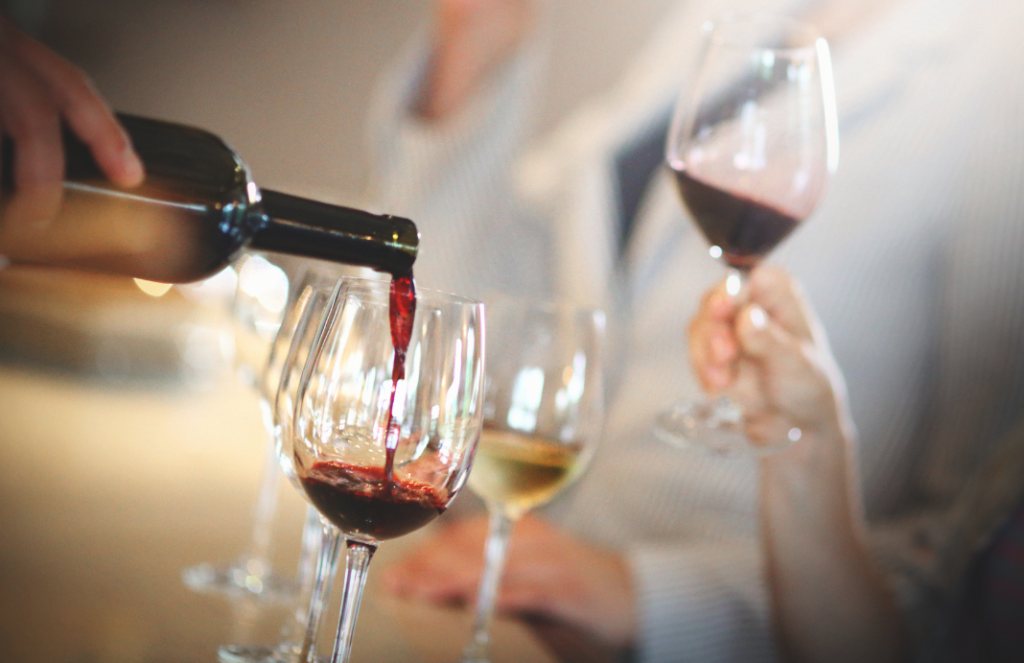
ASSUMING THE MORE EXPENSIVE WINE IS BETTER
Why WOULDN’T you assume that the $100 bottle of wine is better than that $20 bottle? The “marketing placebo effect” has proven that when taste testers drink the same wines, labeled at two different prices, their brains convince them that the higher-priced one tastes better. Experts agree that when comparing a $5 bottle to a $20 bottle, this is likely true. However, most also agree that there is an abundance of super wines available in the $15 – $25 price range. And that the taste difference between one of these great wines, compared to a $100 plus wine, is hardly noticeable to most wine drinkers. Besides… at the end of the day, it all comes down to your palette and preference.
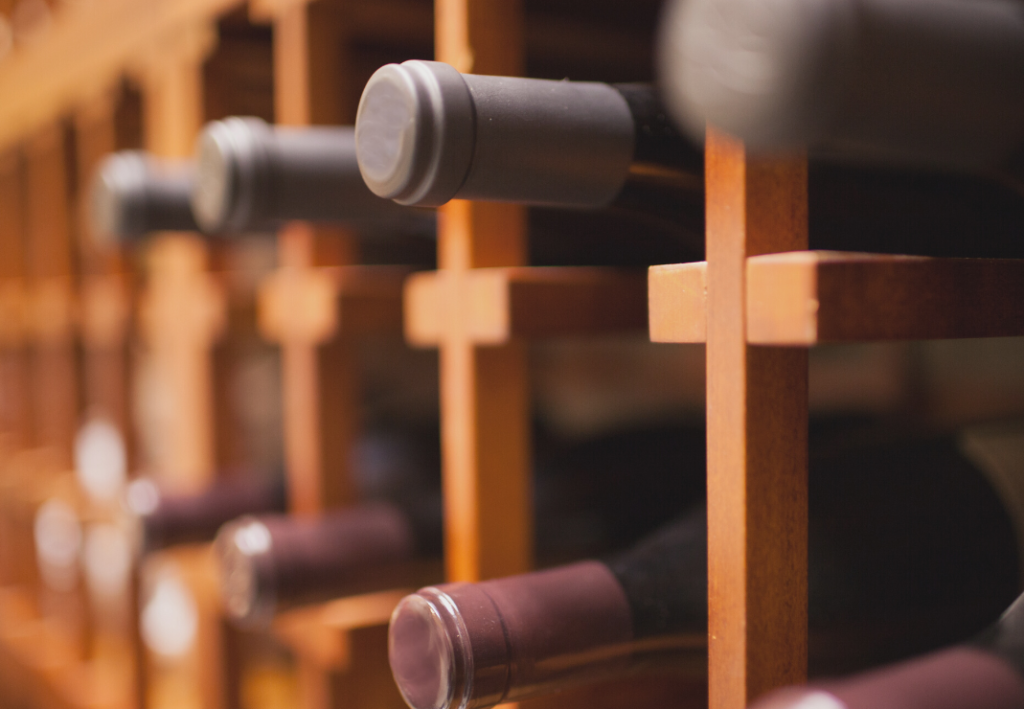
WAITING FOR A LARGE COLLECTION BEFORE BUILDING STORAGE
A wine collection doesn’t just appear overnight. Chances are, you’ve become curious, are enjoying the tasting and learning process, and have developed a new passion. Often, people won’t consider building or designating an appropriate wine cellar space until they have a large collection. In the meantime, it’s essential that the wine be stored properly. Wine should always be stored in a dark, cool space, free of temperature variations and vibration. Underground basements are a great option. The bottles should always be stored sideways to prevent natural corks from drying out (and sideways is the most space-efficient way to store the bottles).
Do you envision a wine cellar in your future, or is your collection simply getting too large for your existing space? Prime Storage has a variety of wine storage options available… a perfect option for your short or long-term storage needs.
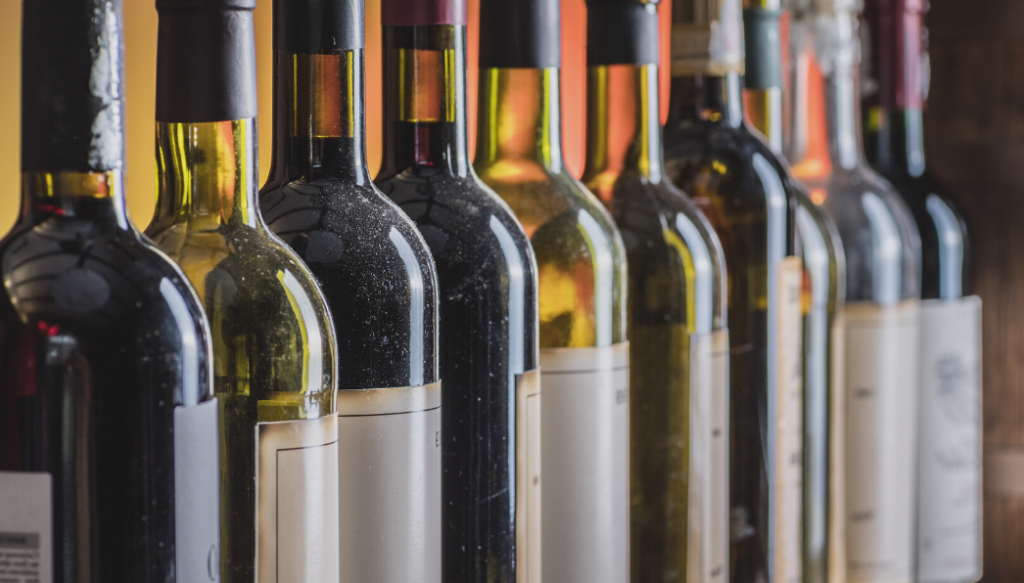
SAVING THE BOTTLE FOR “SOMEDAY”
Many people think that the longer you hold onto that bottle of wine, the better it will become. When to drink a particular wine is complex and involves many factors. Because of modern advancements in winemaking, Matt Kramer, writer at Wine Spectator, believes that 99% of fine wines produced today will reach a point of diminishing returns at 5 years. Still have a question about that special Red Bordeaux or Barolo? Been holding onto that German Riesling and not sure when to drink it? Gerard and his staff at Saratoga Wine and Spirits are happy to help.
Gerard suggests setting a few bottles or a case aside and trying one bottle each year. He encourages us to have fun with it, make a note or two about the wine, and compare it to years past. This also helps you to recognize when the wine is at its prime.

ASSUMING SCREW CAPS ARE PEDESTRIAN
Gone are the days when screw caps were reserved for your Bartles & Jaymes four-pack. Many great wine companies continue to replace traditional corks with screw caps, resulting in greater preservation of taste, and avoidance of quality issues caused by natural cork. Reputable producers like Henschke, Penfolds, and Ferrari-Carano proudly use the screw caps, causing them to lose their traditionally cheap reputation. In other words, don’t judge a book (bottle) by its cover (closure).
Which one of these mistakes have you been guilty of? I’ll admit, ALL FIVE. I hope these tips help you make better wine storing or buying decisions. Or, at the very least, give you something interesting to share with your friends, the next time you’re together enjoying a bottle.
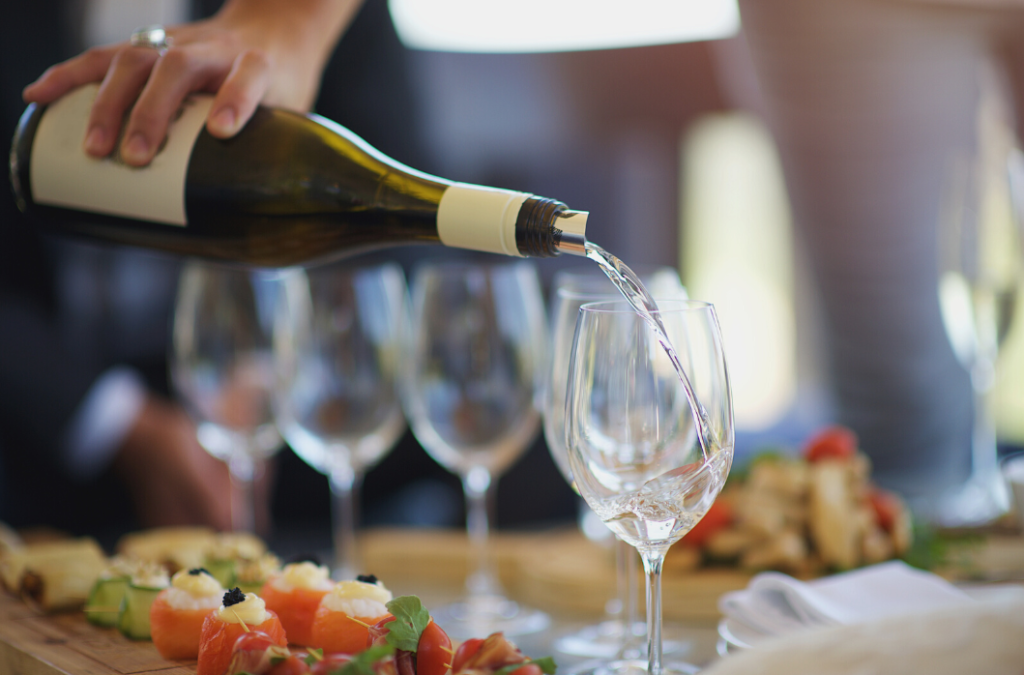
Gerard also shared that he has always enjoyed food and wine pairings. He believes that food can really change how a wine tastes, and believes that some wines are more enjoyable with food then on their own. Lastly, he reminds us that no matter what “faux-pas” you may be guilty of, that wine is simply made to enjoy.
In addition to owning Saratoga Wine & Spirits, Gerard Moser is also EVP of Special Projects for Prime Group Holdings.
Looking to rent storage space? Prime Storage has storage unit sizes ranging from 5×5 to 10×30 (and beyond!) Check out all the storage options available!

+ show Comments
- Hide Comments
add a comment